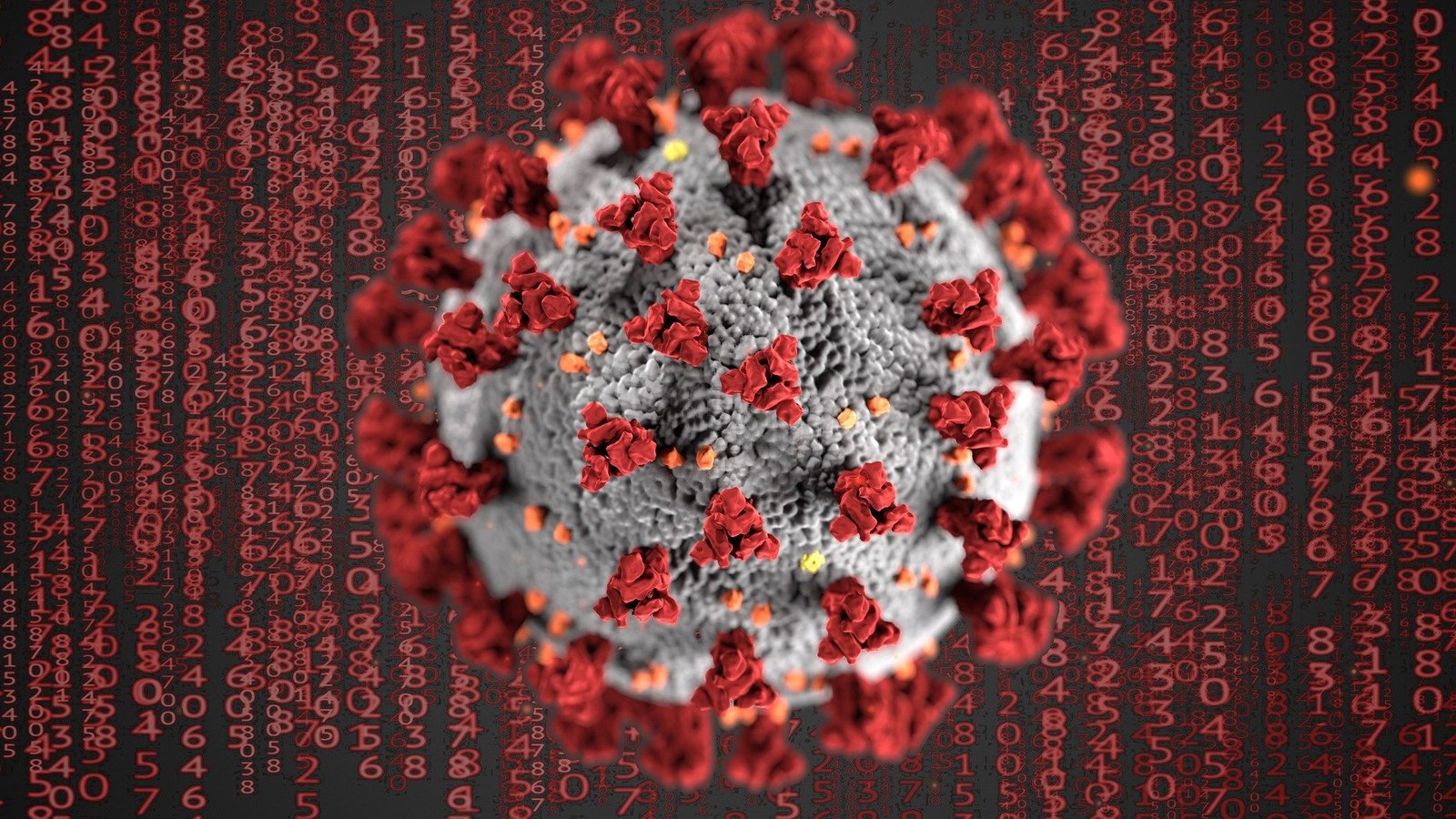Contrary to earlier studies, scientists have found that severe COVID-19 does not solely result in a hyperactive immune system, but instead the body’s defense response is caught in a continuous loop of activation and inhibition, an advance that may help develop better therapeutics to combat the deadly disease.
The researchers, including those from the German Center for Neurodegenerative Diseases (DZNE), assessed blood samples from a total of 53 men and women with COVID-19 from Berlin and Bonn in Germany, whose course of disease was categorised as mild or severe according to the World Health Organization (WHO) classification.
They used blood samples from patients with other viral respiratory tract infections as well as from healthy individuals as controls. In the study, published in the journal Cell, they analysed the gene activity and the amount of proteins on the level of individual immune cells circulating in the blood of these patients using very high resolution single-cell OMICs technologies.
“By applying bioinformatics methods on this extremely comprehensive data collection of the gene activity of each individual cell, we could gain a comprehensive insight of the ongoing processes in the white blood cells,” explained Yang Li, a co-author of the study from the Centre for Individualised Infection Medicine (CiiM) in Germany.
“In combination with the observation of important proteins on the surface of immune cells, we were able to decipher the changes in the immune system of patients with COVID-19,” added Birgit Sawitzki, another co-author of the study.
The scientists found that in in severe cases of COVID-19 the immune cells called neutrophils and monocytes in these patients are only partially activated and they do not function properly. However, these immune cells were found to be ready to defend the patient against COVID-19 in the case of mild disease courses, explained Antoine-Emmanuel Saliba, another co-author of the study.
“They are also programmed to activate the rest of the immune system. This ultimately leads to an effective immune response against the virus,” Saliba said.
But in severe COVID-19 cases, the scientists noted that there are considerably more immature neutrophils and monocytes that have a “rather inhibitory effect on the immune response” This phenomenon, according to the scientists, can also be observed in other severe infections, although the reason for this is unclear. “Many indications suggest that the immune system stands in its own way during severe courses of COVID-19,” said study co-author Leif Erik Sander.








